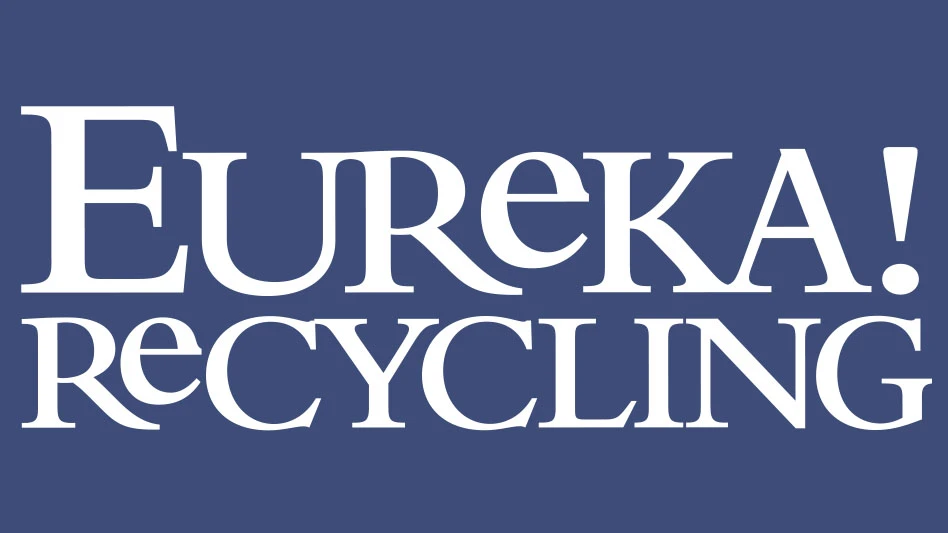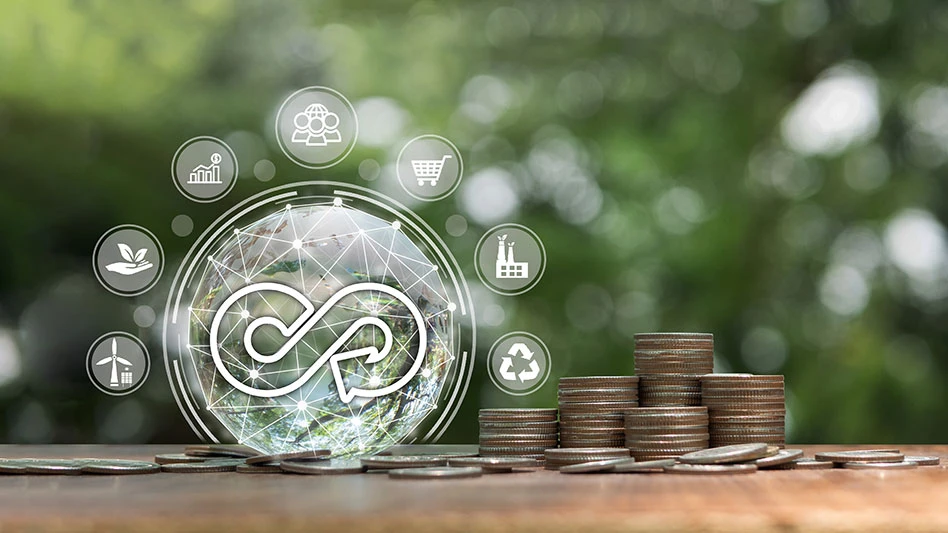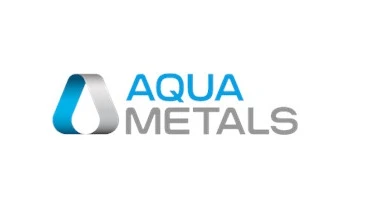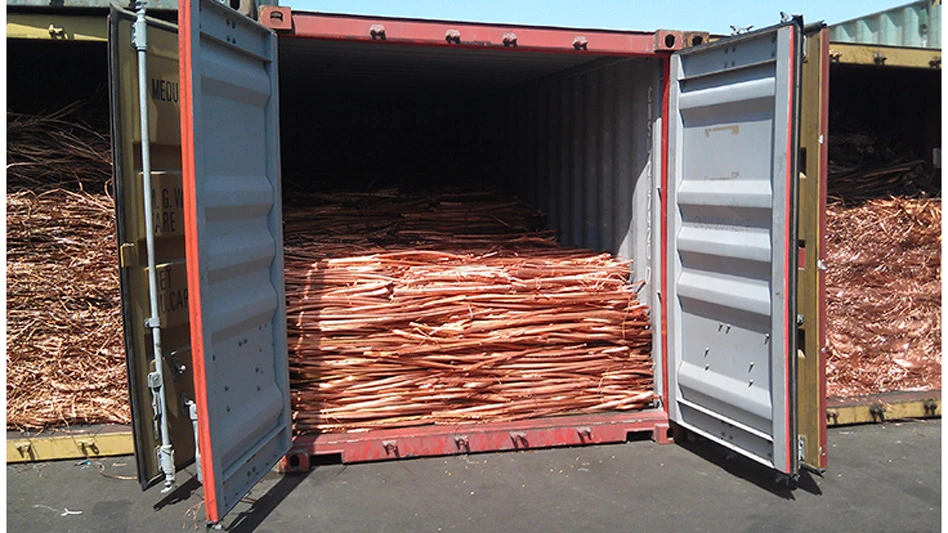I was sitting at home with a deep, penetrating look on my face, apparently much the same look as when I am dissecting the latest issue of VeloNews or Bicycling Magazine. Seeming intensely focused and preparing for my next ride or equipment purchase, my wife asked me, "What are you thinking about? What are you reading?"
I looked up at her and said serenely, "Oh, I was just thinking about work."
As she looked down at what I was reading, she smirked, "Oh, I thought that was a bicycling magazine."
Instead, I was finishing my latest issue of Recycling Today.
DEFINING TERMS. I was thinking about my side of the recycling world—electronics recycling—and how to improve the awareness of what we do; wondering really how much different it was to the recycling of aluminum cans, bottles, scrap iron or tires. Did these guys have the same problems with integrity and differences in specific definitions as we did? Were there the same issues with export? Are there better and truer recyclers of cans and bottles than one thinks? Is there corruption and deception? I really don’t know.
Is the definition "recycler," let’s say, of aluminum cans, satisfied and complete if it means a person who retrieves cans out of the trash so he can obtain his next meal? Or does it mean an aluminum smelter specializing in the melting of materials for the sole purpose of taking the can and making it into a metal that can be formed into a can again?
What does it mean to be an "electronics recycler?" If people in the solid waste business who recycle are really "in recycling," then what is someone who is in the e-scrap or e-waste business? Well, we are "in recycling" too! So, there is something we have in common, but from there business begins to get cloudy.
Just what is an "electronics recycler?" If you see an "e-" in front of a word, like recycling, chances are, this is the sign of an electronics recycler. But is the recycling process behind the sign the type of recycling you think is happening? Remember what happens when one "assumes" something.
Do you truly know what happens with electronics recycling? Do you care? You should have an answer to all of these questions and you probably do. It could be well educated and informed or not. However, I dare say that at some "e-recyclers," while the sign on the door looks good, what really happens to the equipment is a far cry from what is happening to the aluminum can. You may not know exactly what happens with an aluminum can, but suffice it to say it is actually getting recycled.
Perhaps with respect to an aluminum can, this lack of knowledge does not necessarily mean there is a sordid untold story. Most aluminum cans (we’ll stick with aluminum cans for simplicity, but this could mean any metal, paper or plastic group that is less than 1 percent contaminated) are worth money and easily recycled from a collection point to a smelting destination, either domestically or outside the United States, without much damage to the environment.
Okay, let’s then be satisfied that with respect to aluminum, sound recycling is truly happening. One can safely argue the landfill is filling more slowly and the amount of aluminum being recycled is preventing unnecessary mining of ores for a similar purpose. In general, this is a very good thing.
But is that what is happening on the e-recycling front? What is really happening behind the sign on the door—or for that matter, the compelling Web site, pamphlet and business card you have in your hand? Hopefully, the answer is, "A lot."
BREAK DOWN. Let’s discuss three obsolete items for the sake of simplicity—a computer (CPU), a monitor (CRT device) and a printer. These three devices contain the complex mixture of materials involved in electronics recycling. The materials contained in a stream of such devices by weight are iron, clean glass (silica), leaded glass, plastics (several different polymers most of them containing Brominated Flame Retardants), copper, tin, lead, fiberglass, gold, silver, mercury, platinum, palladium, zinc, stainless steel, cadmium, lithium, arsenic, bismuth, beryllium, carbon, synthetic lubricants and other interesting elements and compounds.
Although some of these materials have value, no one is going to pull a monitor, a CPU or a printer from a garbage can to collect enough money for a meal. Granted they are probably broken, dirty and not working. Or are they? Let us take this a bit further.
If the items worked, or were repairable, a person might quit recycling aluminum cans because the value per piece is much greater with electronics. And he can’t collect even close to that much weight to get the same value back in aluminum without first going very hungry. Why he might even get two meals or a really good one for the value of the electronics he can recover—even if they do not work. Thus the immediate interest in e-recycling by some business owners.
But where does it go?
Aluminum cans go to an aluminum collector who, generally at some point, sells them to a smelter who makes aluminum ingots, billets or sows. The recyclers almost always, if not always, get paid for their efforts. And with aluminum prices where they are today, it can be a modest return.
When harvesting electronics, on the other hand, one is presented with a number of scenarios.
TIME STAMP. If the equipment is made later than 1995—that’s right, 10 years old or a bit newer—it may have some value. More accurately, "reuse" recovery standards stop at a 1998-99 date code, or at an age of five years or less, for recoverable value on the purchase side of the equation, but almost all equipment from 1995 or later can actually be sold.
An important note however: The equipment has to be repairable or in working condition and be in decent shape cosmetically. The CRT device must not have any scratches or "screen burn" visible. Even then, the salvage rate is 50 percent at best. The printer may be worth less than 1 percent of its original value. Otherwise, the buyer will be paying a scrap value.
So, now what? I’ve pulled this stuff out of the garbage—or the garage, closet, storeroom or warehouse—and I’ve got a whole lot of it. You feel immensely relieved because you heard of a recycling event that is taking place in your community for small businesses and residents, accepting exactly what you have—even your old television! You offer a prayer of thanks, kiss the equipment as an act of further gratitude, pile all of this stuff in your SUV and take it to the event.
The event is being held by a fairly local "e-recycling" company that has earned the trust of the local municipality, possibly because the event is being held for free, and/or because the company had the lowest recycling cost and the best environmental record of the bidders.
At the event, you wait in line 10 minutes to an hour, someone unloads your car for you and hands you a doughnut and a cup of coffee. When you recover from the shock, you continue to hear about all the great buzz of the event and you see how happy 500 other people are for being able to drop off their "e-waste" for free. You head home feeling satisfied and confident you’ve done your part to save the Earth.
But have you?
For the day, everything appears to be fantastic. Everyone is having a great time and praising the people in charge for what a wonderful thing they are doing to save the environment. (And because they just helped you free up square footage that has been choked with black widow spiders and dust for the last four years.) At work you are a hero and just got a promotion—or got to keep your job another day. But, does this make you a "recycler?" Maybe. Maybe not.
You are counting on that nice company who took that equipment out of your car or truck to do the job at hand. But are they the recycler? Or more importantly, what happens next—who is the recycler?
On paper, the recycling company looks good. A commitment to not landfill, a nice brochure, an impeccable Web site and some discussion about companies they work with having shredders and furnaces for melting down things. Best of all, they had the lowest price and were awarded a much needed contract.
But the recycling process you understand may not be what is actually happening. You come to discover later there are other companies who are taking the electronics and sending them overseas for processing. Some people are very happy about this because it isn’t being done in your back yard. And why not? If they want the stuff, and find value in it, they can sure have it. You still feel good because, "We’re helping their economy over there!" The problem can sometimes lie with the "processing."
|
California Assembly Passes Cell Phone Bill |
|
An assembly bill that seeks to boost the recycling of cellular phones passed the California State Assembly in late August. AB 2901, authored by Assemblywoman Fran Pavley, passed by a vote of 47-20. The governor must sign the bill to enact it. The bill will require retailers of cell phones to have a system in place for the collection, reuse and recycling of cell phones and the Department of Toxic Substances Control to provide information on cell phone recycling and to adopt regulations to prohibit a cell phone from being sold in California if the phone is prohibited from being sold in the European Union because of the presence of heavy metals. |
Like thousands of others, the "recycling" of electronics has blended into the same feel-good you get when you recycle your aluminum cans. You are, in some cases, lulled into believing that what you are doing is contributing to the economic vitality of a country working hard to catch up to the United States. But what you don’t know is that the only landfill you are not filling, and the only water you aren’t helping to pollute, is what’s in your own backyard. At least for now.
Okay, so you didn’t get paid for the electronics, but you didn’t have to pay to recycle it either. After all, why should you? Or, should you? You don’t pay to recycle bottles and cans, so why have to pay to recycle your computer? There has to be some value in it, doesn’t there? Haven’t you heard about all the gold, silver and other metals in the equipment?
By now, you probably want answers to these questions. What is a real electronics recycling process and what must be done to ensure metals and other toxics are kept from any landfill? A one-day electronics collection event is just one step in the beginning of the process that involves many steps and, in some cases, a relationship with companies who contend with a variety of challenges for the sound processing of electronic scrap.
In the second part of this series, we’ll take a look at the materials in a CPU, monitor and printer, and see why, despite some of the values, the cost of processing without harm to the environment supercedes most of the value. The key words are "without harm to the environment."
We will dissect equipment to discuss reuse values and then the processing involved in liberating metals from plastics magnetically and with eddy current separators. We will take a look at many of the industry "processes" involved in electronics recovery, reuse, disassembly, shredding, separation methods, smelting—primary and secondary—"sham" recycling, environmental permits, insurance and other issues.
The author is vice president and general manager of United Datatech/ECS Refining, Santa Clara, Calif. He has been an active stakeholder helping the California Integrated Waste Management Board and the Department of Toxic Substance Control implement the state’s Electronics Recycling Law, known as SB20.

Explore the October 2004 Issue
Check out more from this issue and find your next story to read.
Latest from Recycling Today
- US Plastics Pact report charts expansion path for recycled content in packaging
- USTR announces phased measures designed to address China’s shipbuilding dominance
- APR, RecyClass release partnership progress report
- Clearpoint Recycling, Enviroo sign PET supply contract
- Invista expanding ISCC Plus certification program
- Redwood partnership targets recycling of medium-format batteries
- Enfinite forms Hazardous & Specialty Waste Management Council
- Combined DRS, EPR legislation introduced in Rhode Island





